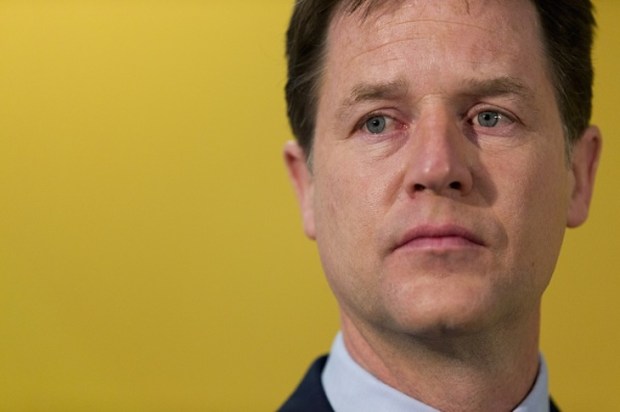From October last year, it was compulsory for all London black cabs to accept payment by card. London cabbies aren’t always sunnily disposed towards Transport for London, but those I have spoken to since the move seem to welcome the ruling, and acknowledge that business has picked up since.
There are, of course, plenty of reasons why taxi drivers preferred cash. It’s quick and does not require equipment or entail the surcharges credit card payments do; it might also be a little more, ahem, tax-efficient. Never-theless, the case for cabs accepting card payments was compelling. Uber, for fair reasons and foul, was eating into their business. From New York, there was clear evidence that passengers tipped more when paying by card. And people carry less cash than they once did.
In fact, since contactless card terminals have become near universal, until October a cab journey was the last remaining reason that Londoners needed routinely to carry more than £20. So why, given that the advantages seem obvious, was a ruling needed? After all, no one has to make it a legal requirement for coffee shops to accept plastic: they just do. Why wouldn’t natural market forces work?
This is what is called a coordination problem. The costs of handling credit cards fall immediately on the individual driver, but the economic gains only appear when a significant majority — perhaps 90 per cent or more — of all drivers accept them. For a coffee shop, the gains of accepting credit cards are instant; not so with a cab. Even if 90 per cent of drivers voluntarily accept cards, a curmudgeonly 10 per cent of hold-outs (‘free riders’ in economic parlance) could ruin it for everyone else. Most of us are too polite to tell a driver we’ve hailed to piss off if he doesn’t take plastic, so these grumpy drivers could exploit the expectation of card-acceptance created by the other 90 per cent, without incurring the costs.
In short there are only two stable equilibria: either a) no cabs take cards or b) all of them do. To get from the first state to the (preferable) second, some degree of compulsion may be required. It is one of those cases, painful to purist libertarians, where individual well-being depends on collective behaviour. What you are ‘free’ to do depends on what everyone else does.
Lots of human behaviour suffers from similar social constraints — where if everyone does x it is difficult to do y unless lots of people simultaneously do it with you. I recently proposed that 20 per cent of university places should be reserved for mature students. Why? Because the expansion of higher education has removed people’s freedom not to go to university. If you could create a social norm whereby people could say ‘I wanted to work for a few years before deciding what to study’, you could remove this incredibly wasteful social pressure to go to university, not for the love of learning, but as a signalling mechanism essential to getting a good job.
Perhaps the most obvious case where this applies is in the shape of working life. Most Americans, when asked, would prefer four weeks’ vacation rather than their miserable two, even with a commensurate 4 per cent reduction in pay. Many people might even prefer a four-day working week. But changing this is fiendishly difficult — because the first people to break ranks always pay the highest price. Clever legislation could change this. It always seems odd to me that people get up at 7 a.m. and travel to work on overcrowded trains, only to sit at their desks and answer emails, something you can just as easily do at home. If our working patterns remain the same as in the 1890s, what was the point of inventing the internet at all?
Got something to add? Join the discussion and comment below.
Get 10 issues for just $10
Subscribe to The Spectator Australia today for the next 10 magazine issues, plus full online access, for just $10.
You might disagree with half of it, but you’ll enjoy reading all of it. Try your first month for free, then just $2 a week for the remainder of your first year.














Comments
Don't miss out
Join the conversation with other Spectator Australia readers. Subscribe to leave a comment.
SUBSCRIBEAlready a subscriber? Log in